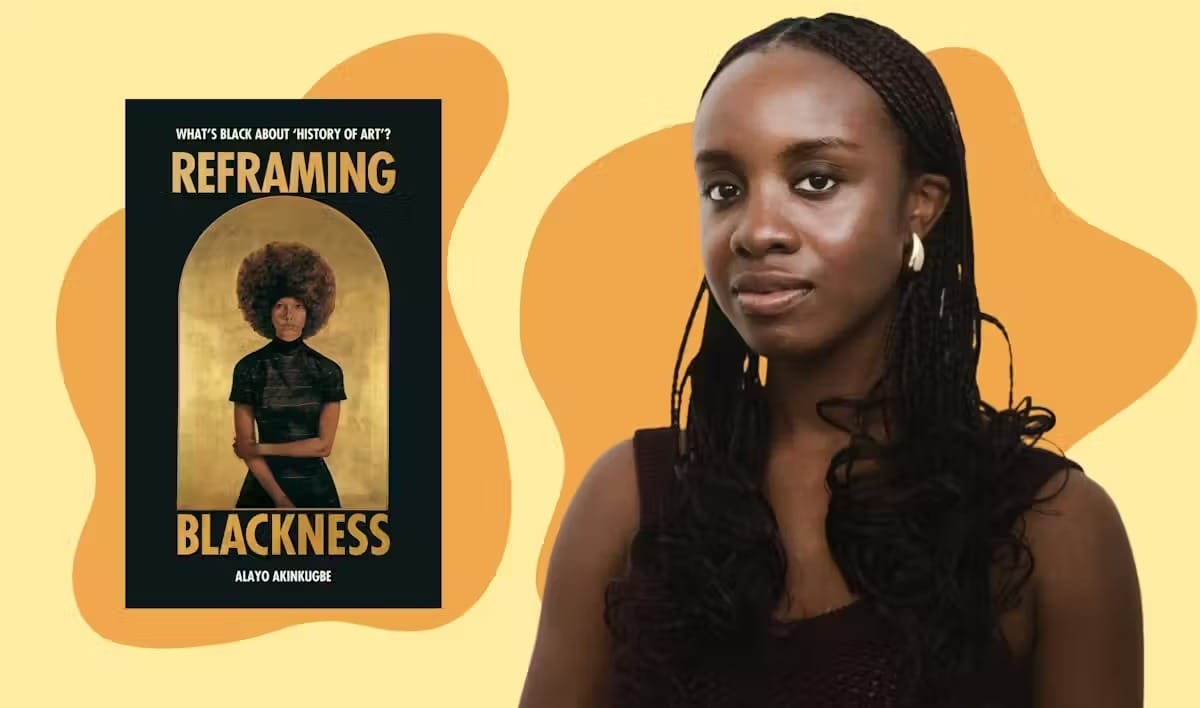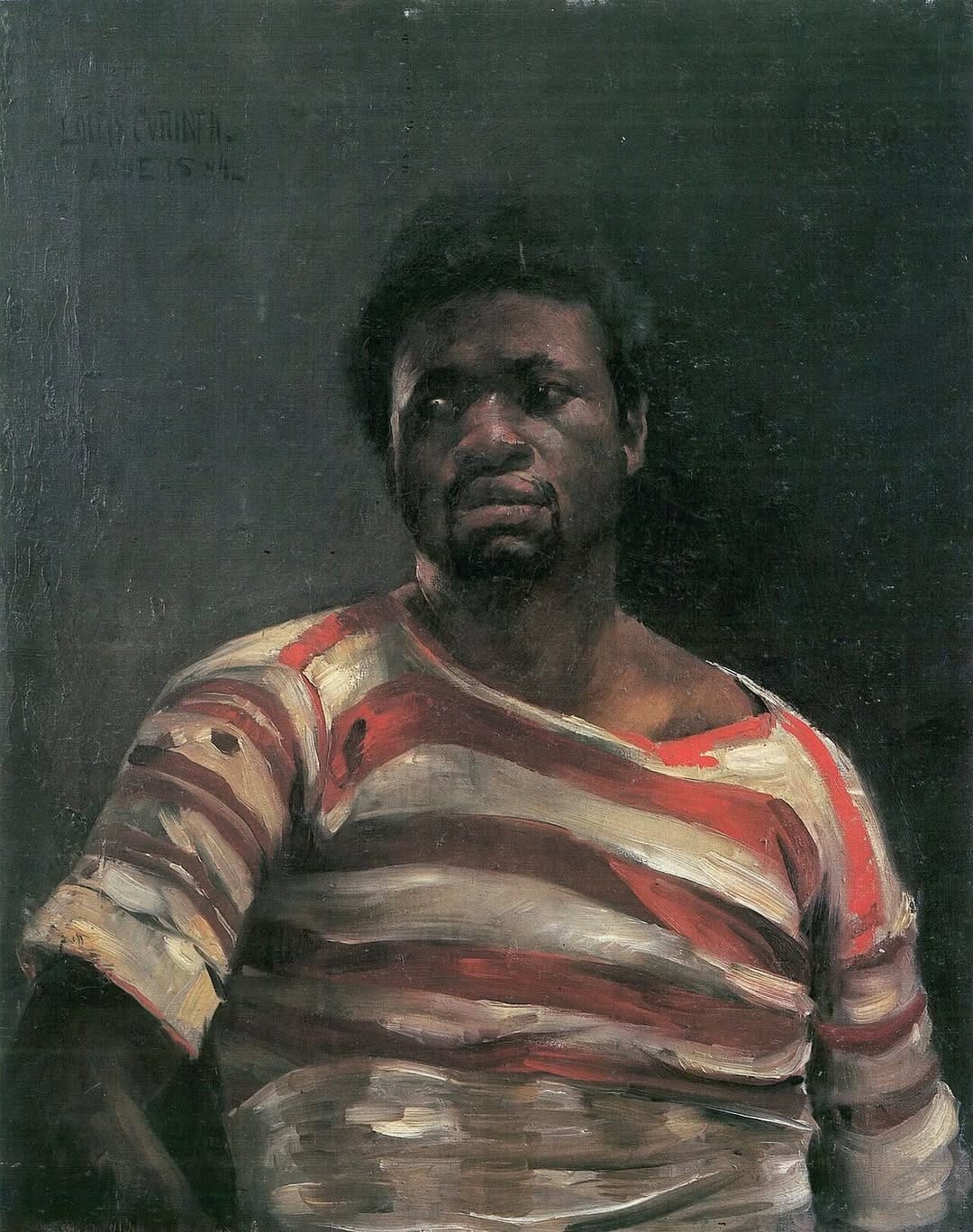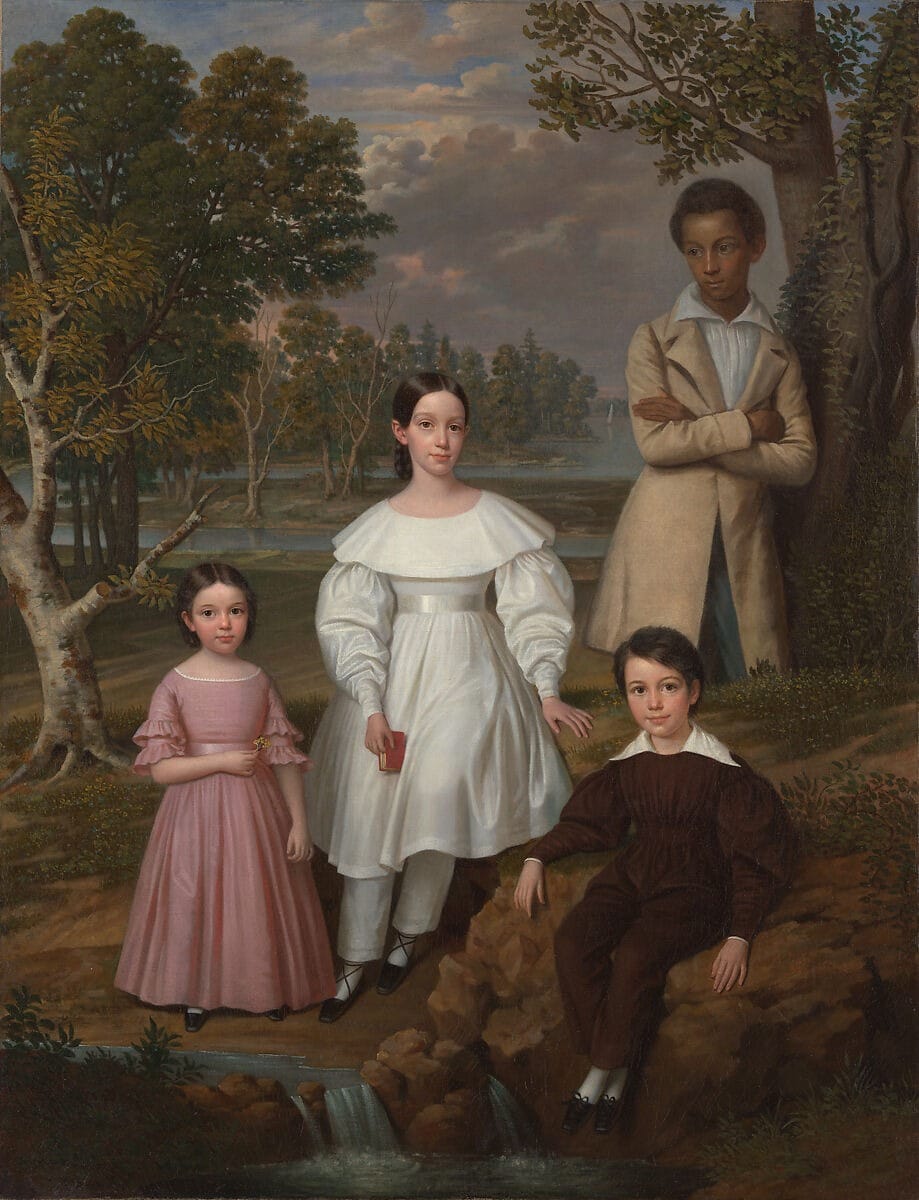Alayo Akinkugbe's Reframing Blackness critiques the historical exclusion of Blackness within art history and Western national museums. In the book, Akinkugbe explores a range of topics, including reactive institutional responses to racial injustice, the limitations of decolonizing curriculum efforts, and the intersectional challenges faced by Black women in the art world. By discussing exhibitions, artists, curators and other art world practitioners who are dedicated to amplifying Black voices, Reframing Blackness calls for a shift in perspective, insisting on the resolute presence of Black people within art spaces, both historically and in the present. This is why Reframing Blackness is relevant to the United Nations Sustainable Development Goals of Quality Education and Reduced Inequalities.

Akinkugbe's inquiry into Black art history began in February 2020 with her Instagram account @ablackhistoryofart, which gained tens of thousands of followers within that year. The account was her way of chronicling her personal research of Black art history after realizing that she had passed the first year of her Art History undergraduate degree without studying a single Black artist. Her research was free from rigid academic structures and terms through its social media platform, allowing her to directly connect with a large audience who had also felt the absence of Black figures from Western art history canons. This is what eventually led to the conception of her book Reframing Blackness and a podcast titled A Shared Gaze.

Reframing Blackness sees Akinkugbe interrogating the way that art history is taught in the Western world. She did so by first highlighting the lack of Black curators present in national museums across major Western cities. This then reveals how the presentation of blackness in these spaces tends to be reactionary and thus surface-level, as they lack time for both follow-up and contextual research. For example, in the aftermath of the 2020 murder of George Floyd, museums and art spaces were quick to respond with Black Lives Matter exhibitions, a trend which eventually died down.
Akinkugbe then explored a decolonized perspective of the Western art history curriculum, highlighting and researching Black figures that existed in studied historical works of art such as Bélizaire and the Frey Children. Finally, she conducted interviews with museum curators whose work contributes to understanding blackness in contemporary life, allowing her to showcase ongoing efforts and commitments to deepening the global discourse around Black art history.

Released in July 2025, Reframing Blackness quickly became a hit amongst audiences, gaining a rate of 4.5 out of 5 stars on Goodreads, further proving that there should be more inclusion, research and presentation of Black art history within cultural institutions and educational spaces.
However, reviewing the book for The Conversation, Wanja Kimani wrote that “I share in some of Akinkugbe’s optimism – but I do so cautiously.” Using the current efforts to decolonize the British national curriculum, Kimani cites three hurdles: first being that they may not immediately attract sufficient interest, hence making them prone to budget cuts. Second, there is their risk of overgeneralizing entire continents, further marginalizing affected communities. Third, there is the fact that works of Black art history and Black artists are still included as supplementary, which treats them as “being on the margins rather than key producers of knowledge.”
Overall, Reframing Blackness is more than a critique—it is a vital act of reclamation and decolonization of art history. The book refuses to let Black art history remain a footnote or a reactive trend. As Kimani stated, while cautious optimism remains necessary in the face of institutional inertia and tokenistic inclusion, Akinkugbe’s work is without doubt a powerful counter-narrative: proof that Black voices have always belonged in the canon, and that their presence—when centred with depth and intention—enriches not just museum halls, but everyone’s very understanding of culture itself. The conversation has begun; the challenge now is ensuring it reshapes the foundation, not just the facade.
Find out more about Reframing Blackness by Alayo Akinkugbe and her other initiatives by checking her Instagram @ablackhistoryofart or website www.alayoakinkugbe.com.
